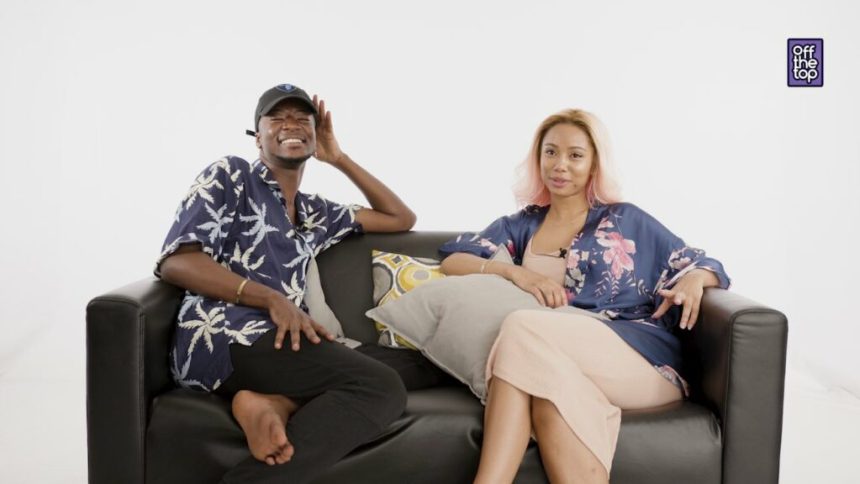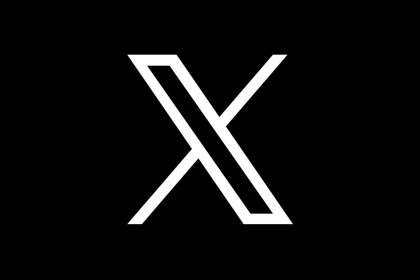Most young people don’t own a television. Mobile devices such as smartphones and laptops have become the go to when it comes to consumption of content these days. Unless it’s an English Premier League or some other sport games, TV consumption, especially by young people would probably be next to nil.
Most of my consumption of media comes in the form of streaming TV shows on Netflix or watching shows and series on YouTube. I’m almost certain that most Ghanaian consumers, especially millennials, are probably consuming content from the internet than through traditional means like Television.
In the early days, most Ghanaian viewers would all huddle around their television sets to watch local TV shows including Inspector Bediako, Ultimate Paradise and Taxi Driver.

Currently, most of the local TV channels are dominated by Bollywood shows and Telenovelas, all of which have been dubbed into local languages. Local TV shows are still being produced but the industry is not as strong as it used to be with the advent of more digital channels.
Some players have jumped on the digital wave and are producing content that is mostly available online.
The New Digital Players
In 2014, a web series called An African City debuted on YouTube. Seen as “Sex And The City” with an African twist, it was highly praised by viewers and averaged about 300,000 views per episode during its first season.
In subsequent years, more diverse and locally produced content has been appearing on YouTube.
Off The Top is one of those shows which is geared towards millennials. A show created by Joseph Nti, it features a cast of young people who in groups of two, sit on a couch and answer questions depending on the theme of that particular episode.
The “Off The Top” show can be compared to other trendsetting online YouTube channels like Cut or Jubilee which target the same demographic with content that millennials might familiarize with.
Another popular online show that young people identify with is YOLO (You Only Live Once), a show chronicling the lives of teenagers living in Ghana.
There are other variety shows appearing on YouTube including the comedy show Makola Vs Kejetia and The KSM Show.
Is It Time For A “Local” Streaming Platform For Local Digital Content Creators?
In the TV industry in places like the US, actors get paid royalties and residues from their TV shows when it either gets streamed or get appears on reruns on network television.
But looking at the TV show industry in Ghana, royalties paid to actors for appearing on TV shows are rarely discussed. It’s likely the pay structure is more of a one-time payment for TV and movie appearances than royalties from revenue generated.
YouTube is a great place to be exposed and alternative way of making money. But income generated from online content is dependant on the number of online views and advertisements. Unless local digital shows produce a lot of views, making a decent living off views can be hard. Unless you’re the famous tech blogger MKBHD who can make up to $30,000 from his YouTube videos, recouping from YouTube will be hard.

So how can local digital creators make a living online? The simplest answer would be to create a “platform” with a business model attached.
But will building “another” platform for content make sense? It would seem easier for Local content producers to make a play at getting on Netflix. But that could be harder than it seems. Also, platforms like iRokoTV seemingly focus on more TV shows and movies than variety shows.
Other ways might be to focus on putting their content on creator sites like Patreon, where subscribers would pay to get access to content. But the question is, will viewers pay to watch new content when they have already watched it for free on YouTube?
What’s Next For Local Digital Content Creators
As access to the internet becomes easier in Ghana, we should expect more local digital content to appear on sites like YouTube and apps like TikTok. YouTube will currently continue to be the go-to for most content creators. But as they grow their audiences, creators will have to look at ways to monetize to continue to create content.
Is a local Netflix-ish platform the best way to go? Or is going to membership sites like Patreon the way to go?
Local creators are getting more diverse with content. How far they can go all depends on they evolve, in terms of choosing which platforms to host their content and how they can monetize.
As the access to the internet become easier, we should expect more content creators. Apps like TikTok have made it easier for anyone to produce videos. YouTube will continue to become the go-to for most content creators. But as they grow their audiences, looking at ways to monetize will be the next puzzle.










